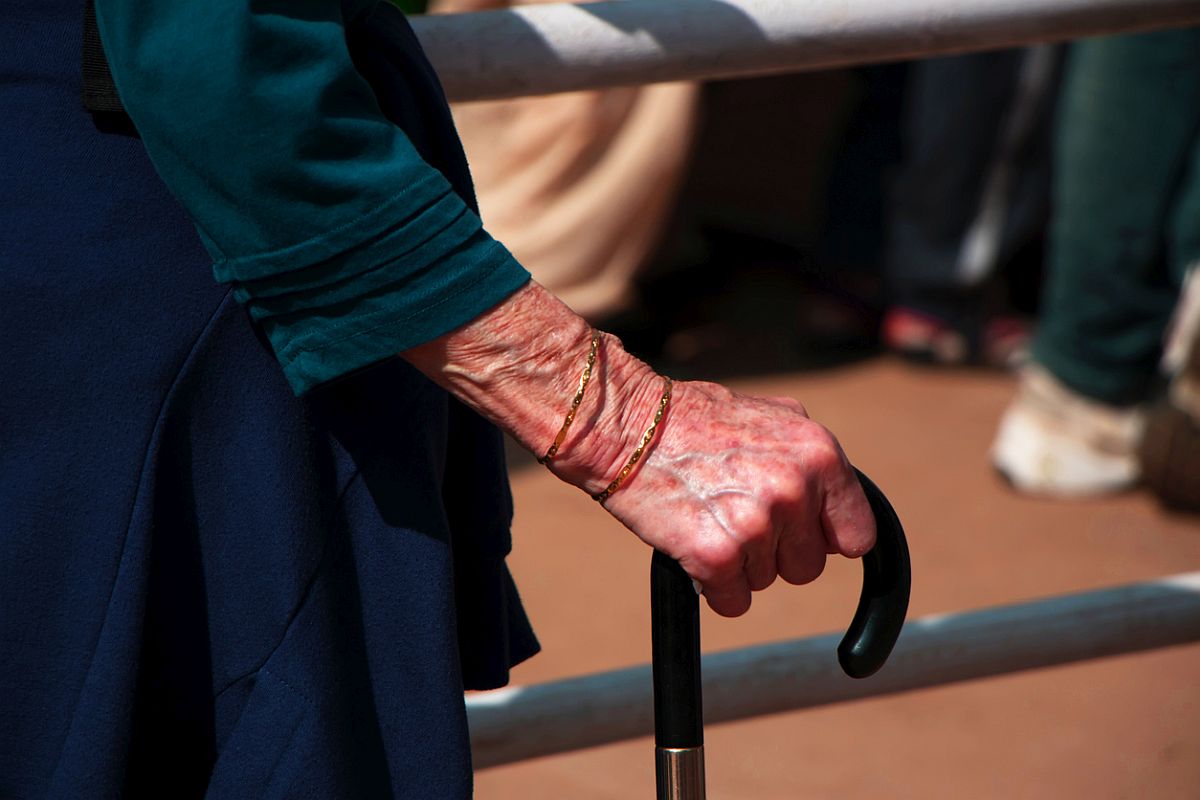At 92, Balaram Sira figures in the record book as the oldest prisoner lodged in the jails of Odisha even as activists have sought the intervention of the President for the premature release of the convict suffering from age-related ailments.
The nonagenarian (convict No.-7273/A), who was arrested for murder in March 2013 at the age of 85, has been admitted to the hospital on the premises of the 115-year-old British-era Koraput jail for the last few years.
Balaram, who is a native of Dengapadar Village under Borigumma Police Station of the district, was sentenced to life imprisonment on 22 January 2015. Ever since he is in jail for nine and a half years.
“I have written to the President of India and the Chief Justices of both the Supreme Court and the High Court of Odisha for Balaram Sira’s release, it does not augur well for the justice system to have such aged persons incarcerated in jails. I have gone to his village. The family of the 92-year-old convict claimed that he is even older, and is actually 96 years old”, said rights activist Anil Dhir.
The Guidelines of Premature Release clearly state that old and decrepit prisoners, who are incapable of committing crime, male life convicts aged 65 years and above; and female convicts, aged 55 years and above, are eligible for premature release after they complete 60 months of imprisonment.
Though Balaram has completed 111 months of imprisonment (as of date), his name has not been cleared by the State Sentence Review Board for premature release. Furthermore, the Odisha Jail Manual Rule 840 says that when a convicted prisoner, in the opinion of a Medical Board, is in danger of death from sickness (not due to an infectious disease) with no hope of recovery within or outside the prison, the Superintendent shall report the fact to the Inspector General of Prisons if it is considered desirable to allow such prisoner the comfort of dying at home, Dhir maintained.
The government spends a considerable amount of the taxpayers’ money on keeping the Under Trial Prisoners and convicts. In this background, it may be advisable to release those who are on trial for petty crimes; and where it is apparent, there would likely be no ‘real’ trial.
The criminal justice system is an integral part of the democratic setup. Therefore, it is imperative that comprehensive steps are taken to make the system more effective. Otherwise, it will be a shame on our democracy to keep a mentally and physically decrepit nonagenarian in jail, till his death, commented another activist, Biswajit Mohanty.












